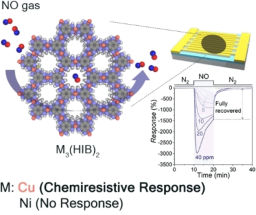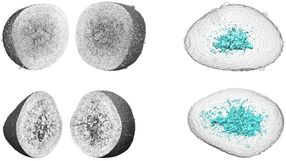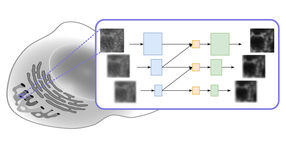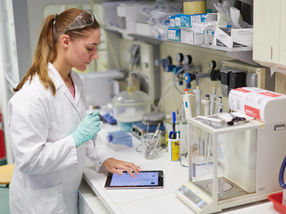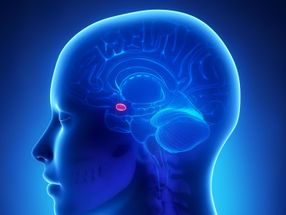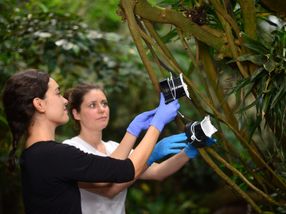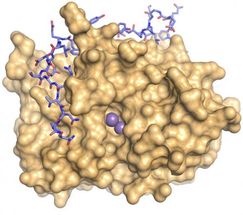Core facilities: Widening access to research instrumentation
DFG to fund 10 additional projects
The Deutsche Forschungsgemeinschaft (DFG, German Research Foundation) has approved funding for ten additional core facilities to make existing research instrumentation more easily and efficiently accessible to researchers. This decision was made by the DFG's Joint Committee. The projects will each receive up to 450,000 euros over the next three years. The facilities are based at universities and institutes in Bremen, Aachen, Karlsruhe, Mannheim, Ilmenau, Bayreuth, Essen, Magdeburg, Konstanz, Bielefeld and Duisburg-Essen, as well as at Lake Stechlin.
Funding has been awarded to the following core facilities: MALDI-MULTI for mass spectrometry imaging (Bremen); PRO2NMR for in-situ nuclear magnetic resonance imaging for processes and products (Aachen/Karlsruhe); DRiC for cell-based RNAi screens in Drosophila (Mannheim); an experimental platform for studying the impacts of climate change on lakes (Lake Stechlin); a micro-nano integration facility (Ilmenau); the high-pressure laboratory of the Bavarian Research Institute of Experimental Geochemistry and Geophysics (Bayreuth); a German Ultrahigh-Field Imaging network (GUFI) for MRT (Essen/Magdeburg); INCIDE for interactive bioinformatic data analysis, modelling and visualisation (Konstanz); GED@BI for gas electron diffraction and the determina-tion of the structure of small molecules (Bielefeld); and an interdisciplinary centre for nanoscale analytics (Duisburg-Essen).
The DFG has been funding core facilities since 2012. In the first call, funding was awarded to 11 projects. The most recent funding decision completes the second, and for the moment last, call, which attracted a total of 42 proposals. It is hoped that the 21 projects will demonstrate that better use can be made of existing resources through efficient measures tailored to the technology in ques-tion. The DFG aims to promote the professionalisation of infrastructures and partnership between individual universities and institutions. Funding recipients are required to retain the core facilities as part of their structures in the medium to long term and to make them available to external users.
The DFG believes that the strong response to both calls shows the widespread interest among uni-versities in this relatively young funding line. The DFG will soon launch an information portal that will serve as a database of research infrastructures, listing not just core facilities but quality-assessed research infrastructures of all kinds which may be used as resources for research.
Other news from the department science
Most read news
More news from our other portals
See the theme worlds for related content
Topic World Mass Spectrometry
Mass spectrometry enables us to detect and identify molecules and reveal their structure. Whether in chemistry, biochemistry or forensics - mass spectrometry opens up unexpected insights into the composition of our world. Immerse yourself in the fascinating world of mass spectrometry!

Topic World Mass Spectrometry
Mass spectrometry enables us to detect and identify molecules and reveal their structure. Whether in chemistry, biochemistry or forensics - mass spectrometry opens up unexpected insights into the composition of our world. Immerse yourself in the fascinating world of mass spectrometry!
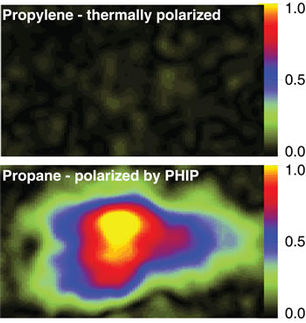



![[Fe]-hydrogenase catalysis visualized using para-hydrogen-enhanced nuclear magnetic resonance spectroscopy](https://img.chemie.de/Portal/News/675fd46b9b54f_sBuG8s4sS.png?tr=w-712,h-534,cm-extract,x-0,y-16:n-xl)
